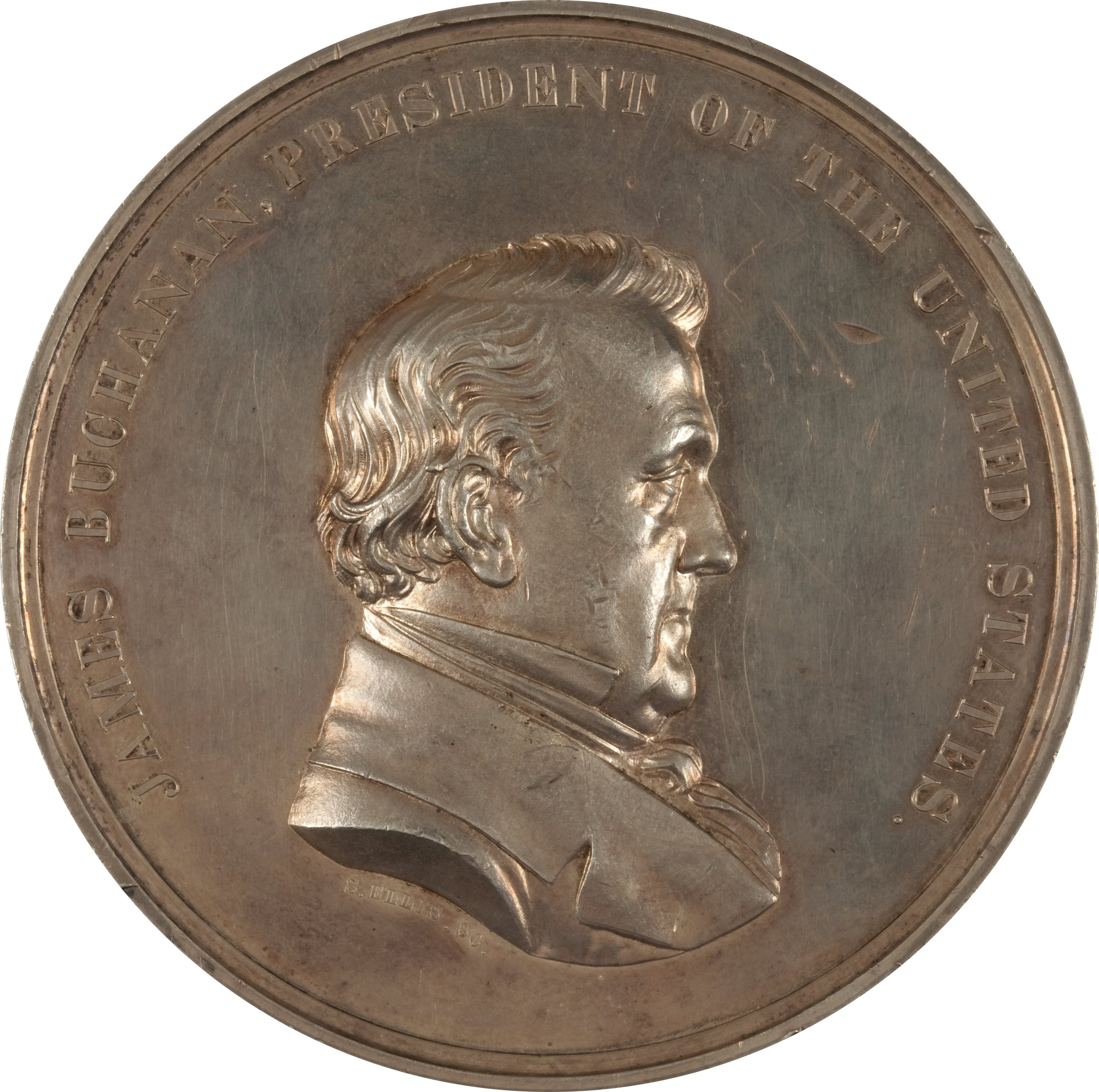
By Jim O’Neal
Abraham Lincoln began making appearances in the East in early 1860 and emerged a national figure. That summer, Republicans obtained a semblance of unity behind a ticket of Lincoln for president and Hannibal Hamlin for vice president. Their victory in November was no surprise at the White House or anywhere else.
Outgoing President James Buchanan had four months left to serve and knew he was sitting on a powder keg. He started to distance himself from Southern advisers and, as disunion started to loom as a reality, Cabinet meetings became an ordeal. Buchanan had a sharp legal mind and a keen perception of people; he did not share the president-elect’s optimism that threats of secession were mere tactical bluffs by vocal Southerners.
However, the bachelor Buchanan and his niece Harriet Lane, who served as official White House hostess, entertained as usual during the winter of 1860-61. Each week, there were two major dinners for about 40 guests in the State Dining Room. Smaller “family” dinners honored Cabinet members. They were all gala affairs with masses of flowers and superb French cuisine with separate wines for each course. In prison, five years later, ex-Senator Jefferson Davis wrote that the Buchanan White House had come closest of any to being a “Royal Court.”
On election day, a committee from South Carolina had called at the White House asking Buchanan what his plans were for the unfinished forts in Charleston harbor. In his desk was a puzzling document marked “Scott’s views” from General Winfield Scott. It presumed that a Lincoln victory would result in a takeover of the small forts and, importantly, every military installation in every state that seceded!
Without answering the Southern committee, Buchanan convened his Cabinet to debate what should be done. Finally, Buchanan simply dismissed the issue and the Cabinet heads left. They were passed on the stairs by a messenger bringing the news that the commander of Fort Moultrie-Charleston had been confronted by a mob while trying to transfer supplies.
This was the first overt action taken against the Union by the hotheaded South Carolinians.
On Dec. 20, 1860, Buchanan wrote to a friend: “I have never enjoyed better health or a more tranquil spirit. … All our troubles have not cost me an hour’s sleep or a single meal. … I am leaving the rest to Providence.”
That same evening, word was received: South Carolina had seceded.
During the last days of December, members of the Cabinet began to resign. Treasury Secretary Howell Cobb was the first to go. Most of the others followed after much shouting, table-pounding and book-slamming rage. Gray-faced and unsmiling, the president sat puffing on his cigar as his Cabinet fell apart.
On New Year’s Day 1861, South Carolina began seizing federal property around Charleston harbor and then it spread. Six more states seceded and grabbed forts, offices, custom houses, mints and arsenals. But Buchanan stubbornly maintained the status quo, waiting for his successor to shoulder the burden.
Just after 11 a.m. on Feb. 14, a messenger raced up the stairs to the Cabinet room and slipped a card into the president’s hand. Buchanan read it and stood up smiling. “Gentlemen,” he announced, “Uncle Abe is in the Red Room below. Let us not keep him waiting.”
There was a new sheriff in town.
 Intelligent Collector blogger JIM O’NEAL is an avid collector and history buff. He is President and CEO of Frito-Lay International [retired] and earlier served as Chairman and CEO of PepsiCo Restaurants International [KFC Pizza Hut and Taco Bell].
Intelligent Collector blogger JIM O’NEAL is an avid collector and history buff. He is President and CEO of Frito-Lay International [retired] and earlier served as Chairman and CEO of PepsiCo Restaurants International [KFC Pizza Hut and Taco Bell].
